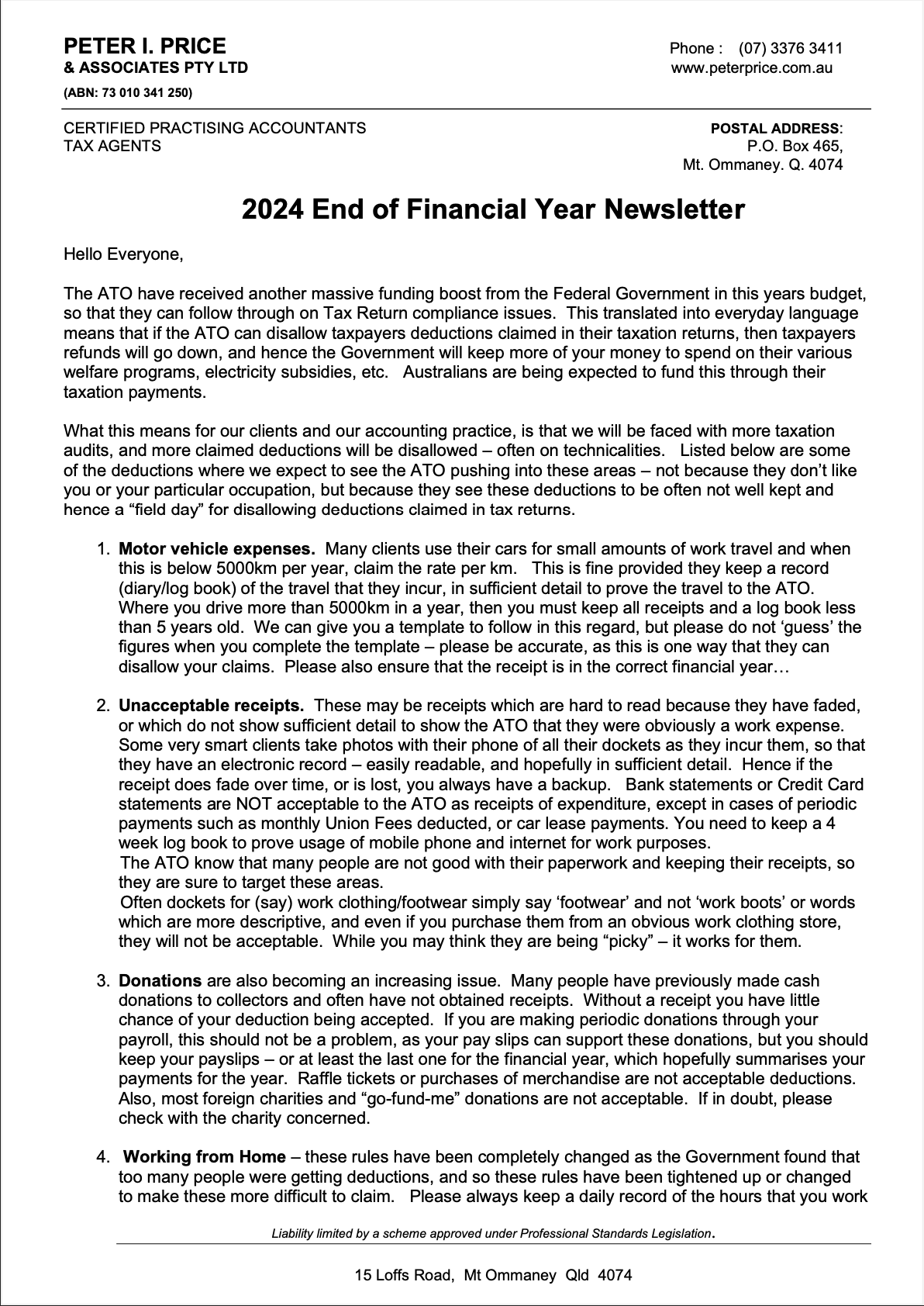E-Commerce Laws You Must Know To Run An Online Business

In Short
- Understand key e-commerce laws, including Australian Consumer Law (ACL), privacy laws, shipping regulations, and intellectual property (IP) protection.
- Ensure your e-commerce policies (returns, refunds, and cancellations) are clear and comply with legal standards.
- Prioritise customer data protection and stay informed about shipping restrictions for your products.
Tips for Businesses
Make sure your e-commerce business complies with Australian Consumer Law by having accessible terms and conditions. Always publish a clear privacy policy detailing how customer data is handled. Understand shipping restrictions and check with couriers about any product limitations. Lastly, protect your intellectual property with trademarks and avoid using content you don’t have permission to use.
E-commerce is a relatively new retail branch, having taken off recently as the internet has exploded. It is important to note that all businesses, including those operating exclusively online, are subject to rules and regulations. Whether you are a new or well-established e-commerce business, there are several laws you must know. This article will take you through four e-commerce laws you must understand to run an online business.
Australian Consumer Law
The Australian Consumer Law (ACL) oversees all e-commerce transactions in Australia, making it essential to prevent legal disputes or breaching any obligations. The ACL provides consumers with specific legal rights and ensures businesses can be held accountable for their actions.
The ACL compels you to guarantee several elements. This includes the product must:
- be without defects;
- match the description on the website;
- meet safety regulations; and
- come with certain guarantees, including the right to request a replacement, refund or cancellation.
Failure to comply with ACL can lead to disputes and complaints reported to the Australian Competition and Consumer Commission (ACCC). Although it is impossible to contract out of these guarantees, you should still have an e-commerce policy. This policy should be outlined in easily accessible terms and conditions, outlining conditions and time frames for returns, refunds and cancellations.
Privacy Laws
All businesses should be aware of the relevant privacy laws. This is particularly pertinent for e-commerce businesses, which have access to a larger market than traditional businesses. Depending on where your e-commerce business operates, you will need to know the different applicable rules and jurisdictions.
In Australia, the Privacy Act 1988 provides critical laws protecting private information. This includes the collection, use, storage and sharing of any personal information. However, even if this legislation does not apply to you, you must protect your customers’ data to prevent any data breaches. Therefore, all e-commerce businesses should prioritise publishing a highly visible privacy policy outlining exactly how they handle sensitive data.
Shipping Laws
Before setting up an e-commerce business, you must know specifically what you can and cannot send to customers. The Australian Code for the Transport of Goods by Road & Rail outlines some dangerous goods you cannot ship in the mail. This includes:
- explosive materials;
- certain liquids; and
- perishable items, including fresh fruits and vegetables.
The courier company you choose to use for your e-commerce business will also have their own restrictions. For example, certain courier companies will not ship glass because of the potential dangers if the item breaks. Therefore, before setting up your business, you should check that you can legally ship your goods.
Intellectual Property
All e-commerce businesses should be aware of intellectual property (IP) laws. Knowledge of this will protect your business and ensure you do not impede on the IP of others. An e-commerce business’s IP will include all its intangible assets, including its branding material and online content. Protecting your branding with a trade mark is one way to prevent anyone from using your IP for their benefit.
In addition to protecting your IP, it is equally important to not ‘steal’ anyone else’s. This includes ensuring all content you publish is either original or royalty-free content that you can use safely. If you use someone else’s IP without their consent, you risk legal disputes and tarnishing your business’ reputation.
Key Takeaways
To run an online business safely and successfully, e-commerce business owners must be aware of the laws surrounding their operations. Some important e-commerce laws to be aware of include laws regarding:
- Australian Consumer Law;
- privacy;
- shipping; and
- intellectual property.
Frequently Asked Questions
What is e-commerce?
E-commerce refers to a business model selling goods and services online. E-commerce allows businesses to access a wider market, making it popular for smaller companies with a narrow reach. Australia is one of the largest e-commerce markets in the world, with the industry continuing to expand.
What e-commerce laws should I know to run an online business?
To run an online business safely and successfully, e-commerce owners must know the laws surrounding their operations. Some essential laws that e-commerce business owners should understand include laws regarding the Australian Consumer Law, privacy, shipping and intellectual property.
By Emily Young
Legal Vision
Legalvision.com.au

